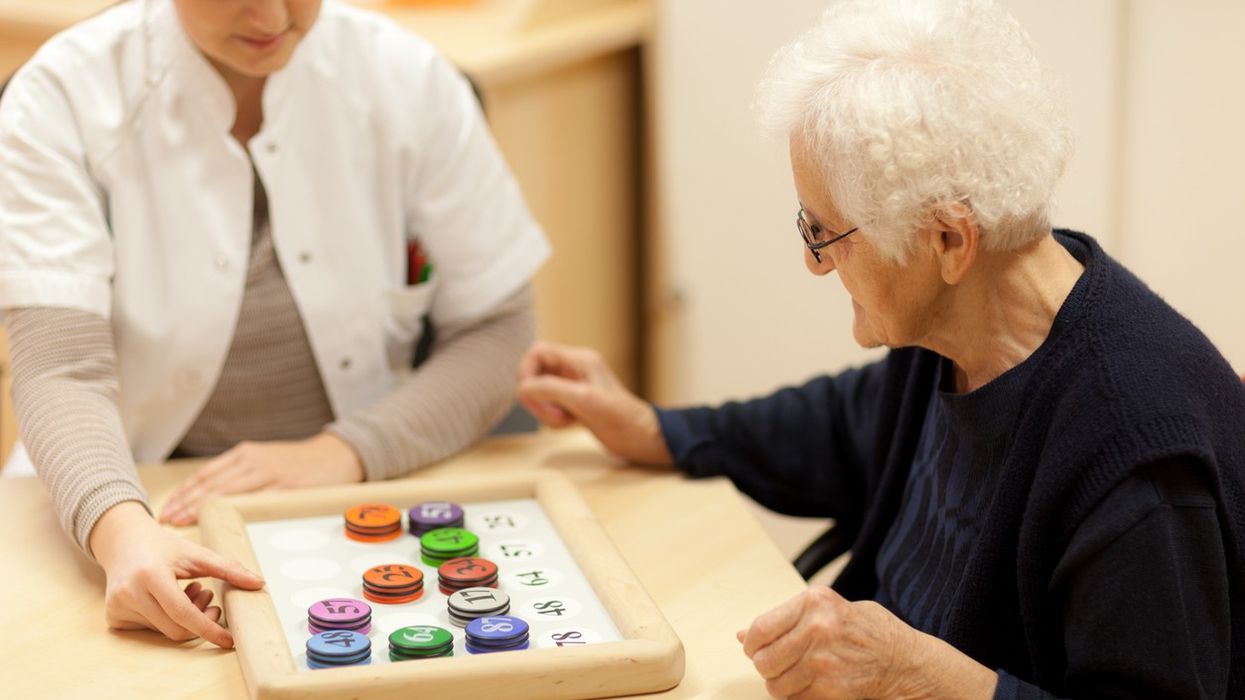An Asian-origin neurologist Dr Ashvini Keshavan is part of a research team in the UK that has been awarded a major grant this week for dementia research.
The team will build on recent breakthroughs in potential dementia blood tests and generate the evidence needed for them to be used more widely in the next five years.
Dr Keshavan, Senior Clinical Research and Honorary Consultant Neurologist Fellow at University College London (UCL), is part of the team that will focus on the most promising biomarker for Alzheimer's disease called p-tau217.
A second team made up of researchers from the Universities of Oxford and Cambridge will test various proteins to detect a variety of dementia-causing diseases.
Both teams will recruit participants from sites spread across the UK with the hope of its cost-effective rollout on the National Health Service (NHS) over time.
“Proteins that underpin various dementia-causing diseases, and particularly Alzheimer's disease, which is the commonest cause of dementia worldwide, are now detectable in blood,” said Dr Keshavan.
“The two studies that have been awarded funding by the Blood Biomarker Challenge grant are both seeking to implement blood tests in real world settings in the UK, to see if blood tests will prove useful in confirming the presence or absence of these diseases in people who have early dementia or mild but progressive cognitive problems," she said.
We want to ensure that our research will reflect the UK's ethnic and socioeconomic diversity and are aiming to broaden access to these tests, as the current gold standard tests to confirm the presence of these diseases are currently not accessible to most UK patients because they are either expensive or invasive,” she added.
The Blood Biomarker Challenge is a multi-million-pound award given by Alzheimer's Society, Alzheimer's Research UK, the UK's National Institute for Health and Research and Gates Ventures and includes funds raised by players of People's Postcode Lottery.
The UCL-led study is called ADAPT and will focus on plasma p-tau217 – a blood marker of Alzheimer's disease – and will answer the question of whether knowledge of this test result can improve rates of Alzheimer's diagnosis in conjunction with standard memory clinic assessments.
The second study is called READ-OUT, which aims to test various proteins, including novel or less well-established ones, to detect a variety of dementia-causing diseases.
“If our research shows that these tests are clinically useful, and cost-effective, we would be able to contribute to the case for them becoming a part of the standard of care offered in the UK. This would have the potential for individuals to receive earlier diagnoses of their specific dementia-causing disease,” said Dr Keshavan.
Such a breakthrough would be particularly important for ensuring patients are given the right post-diagnostic support and treatment for symptoms.
“An early, accurate diagnosis of Alzheimer's disease is already important, allowing people to access appropriate care and medications. If, as we hope, new treatments that can slow down Alzheimer's disease become available soon, then this will be vital. This would pave the way for fair and equitable access to new and potentially life-changing treatments to all who might benefit,” added Professor Jonathan Schott, Alzheimer's Research UK Chief Medical Officer and Dr Keshavan's UCL colleague on the research.
Currently, people are usually diagnosed with dementia using memory tests and brain scans. These are less accurate than “gold standard” tests like PET scans or lumbar punctures, which can confirm what type of dementia they have. However, only 2 per cent of people can access these specialist tests.
In recent years, a number of different blood tests that can diagnose Alzheimer's disease and other causes of dementia have shown very promising results in research settings. But they have yet to be tested widely in clinical settings in the UK. (PTI)












